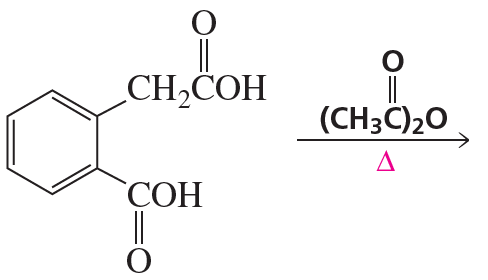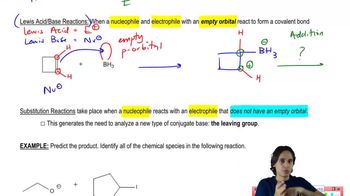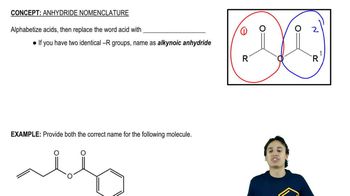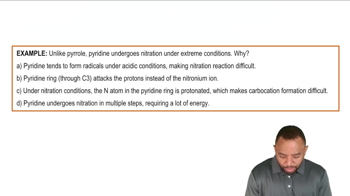Practice your electron-pushing skills by drawing a mechanism for the following E2 reactions.
(a)


 Verified step by step guidance
Verified step by step guidance Verified video answer for a similar problem:
Verified video answer for a similar problem:



 9:36m
9:36mMaster Drawing the E2 Mechanism. with a bite sized video explanation from Johnny
Start learning